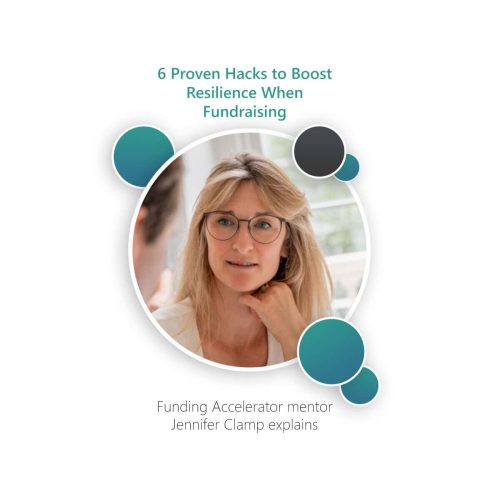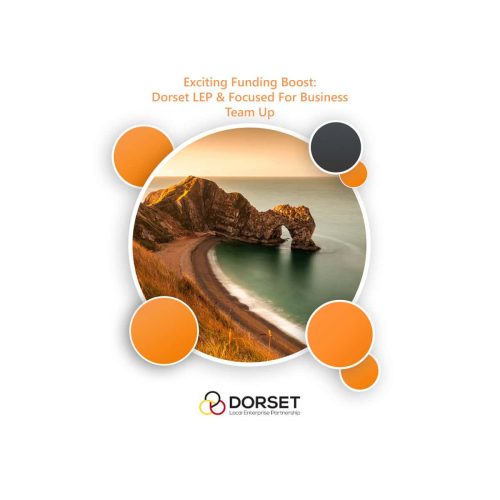Imagine securing a significant investment only to have the deal unravel due to issues revealed during the due diligence process. This is not a hypothetical scenario; it’s a real risk for many founders. Due diligence is a crucial phase in the investment process, and failing to understand or prepare for it can jeopardise your funding. In this blog, we’ll explore why due diligence is so crucial and how you can avoid common pitfalls to secure and retain your investment.
The Downfall of Theranos
One of the most notorious examples of due diligence failure is the story of Theranos, a health technology company that promised revolutionary blood-testing technology. Initially, Theranos attracted substantial investment from high-profile investors and partners, including the Walton family and venture capital firms. However, during the due diligence process, several critical issues were uncovered:
Inaccurate Claims: Theranos claimed their technology could perform a wide range of tests with just a few drops of blood. However, investigations revealed that the technology was not functioning as advertised.
Operational Deception: The company was found to have manipulated test results and misled investors about the capabilities of their technology.
Regulatory Concerns: Theranos faced significant regulatory scrutiny, and its practices raised serious concerns about compliance and patient safety.
The revelations during due diligence ultimately led to criminal charges against founder Elizabeth Holmes and a dramatic fall from grace for Theranos. This case highlights the critical importance of thorough and honest due diligence. So now, let’s delve into what founders need to know about due diligence to avoid similar pitfalls.
1. What is Due Diligence?
Due diligence is a thorough investigation conducted by investors to assess the viability and risks associated with your business. It involves a comprehensive review of various aspects of your company, including financials, legal standing, operations, and market potential.
Key Objectives of Due Diligence:
- Risk Assessment: Identifying potential risks such as legal liabilities, financial instability, or market challenges.
- Verification of Claims: Ensuring the accuracy of the claims made by founders regarding revenue, market position, and growth projections.
- Valuation Support: Justifying the company’s valuation based on its performance and future potential.
2. Key Areas of Focus in Due Diligence
Financial Health:
- Financial Statements: Ensure accuracy and completeness in income (P&L) statements, balance sheets, and cash flow statements.
- Revenue and Profitability: Be prepared to explain your revenue streams, margins, and profitability.
- Financial Projections: Provide realistic forecasts based on solid assumptions – by all means show ambition, but ground it in reality!
Legal and Compliance:
- Intellectual Property: Document and protect all IP, and resolve any disputes.
- Contracts and Agreements: Review key contracts, including customer and supplier agreements.
- Regulatory Compliance: Ensure adherence to relevant regulations and industry standards – and take advice if you are not sure what you need to comply with. Focused For Business’ Funding Accelerator mentors can support you with this.
Operational Due Diligence:
- Business Model: Clearly explain your revenue generation, cost structure, and value proposition.
- Customer Base: Provide insights into customer acquisition costs, retention rates, and lifetime value.
- Supply Chain and Operations: Demonstrate efficiency and scalability in operations.
Market and Competition:
- Market Analysis: Offer a thorough analysis of market size, growth potential, and trends.
- Competitive Landscape: Discuss your competitors and your strategy for differentiation.
3. Common Pitfalls to Avoid During Due Diligence
Being aware of common pitfalls can help you navigate due diligence more effectively, and ensure you don’t lose an investor’s interest.
Inaccurate or Incomplete Information: Ensure all documents and information are accurate and complete to build trust with investors.
Overly Optimistic Projections: Provide data-supported projections to avoid raising red flags.
Lack of Preparedness: Organise and prepare all necessary documents before due diligence begins. It can be a good idea to create a Data Room, putting all your documents into Dropbox, Google docs or something similar. Be sure to password protect access.
Ignoring Potential Red Flags: Address any issues openly and provide a plan for resolution rather than attempting to hide them.
4. How to Prepare Your Business for Due Diligence
Preparation is key to a smooth due diligence process. Here’s how to get ready:
Organise Your Documents: Create a comprehensive folder with all relevant documents, organised for easy access.
Conduct an Internal Audit: Identify and resolve potential issues before investors begin their due diligence.
Prepare a Due Diligence Checklist: Use a checklist to ensure all necessary documents and information are ready.
Be Ready to Answer Questions: Prepare to address questions thoroughly and confidently.
Engage with Legal and Financial Advisors: Seek advice from professionals to ensure your documents are in order and to address complex issues.
So, why is due diligence important?
Due diligence is a critical step in securing investment, and being well-prepared can prevent potential deal breakers. By understanding what investors look for, avoiding common pitfalls, and meticulously preparing your documentation, you can navigate due diligence with confidence. Remember, thorough preparation and transparency are essential to building trust with investors and securing the funding needed to grow your business.
Further reading: How to prepare for investor scrutiny
Not sure if you’re quite ready for investment? Answer 20 quick questions to find out here
- How I Raised £250K – and Help Other Founders Scale with Equity Funding - June 9, 2025
- This Is Why A Business Exit Strategy Actually Attracts Investors - March 9, 2025
- This Is How To Fund Your Startup With Investor Finance - March 9, 2025




















